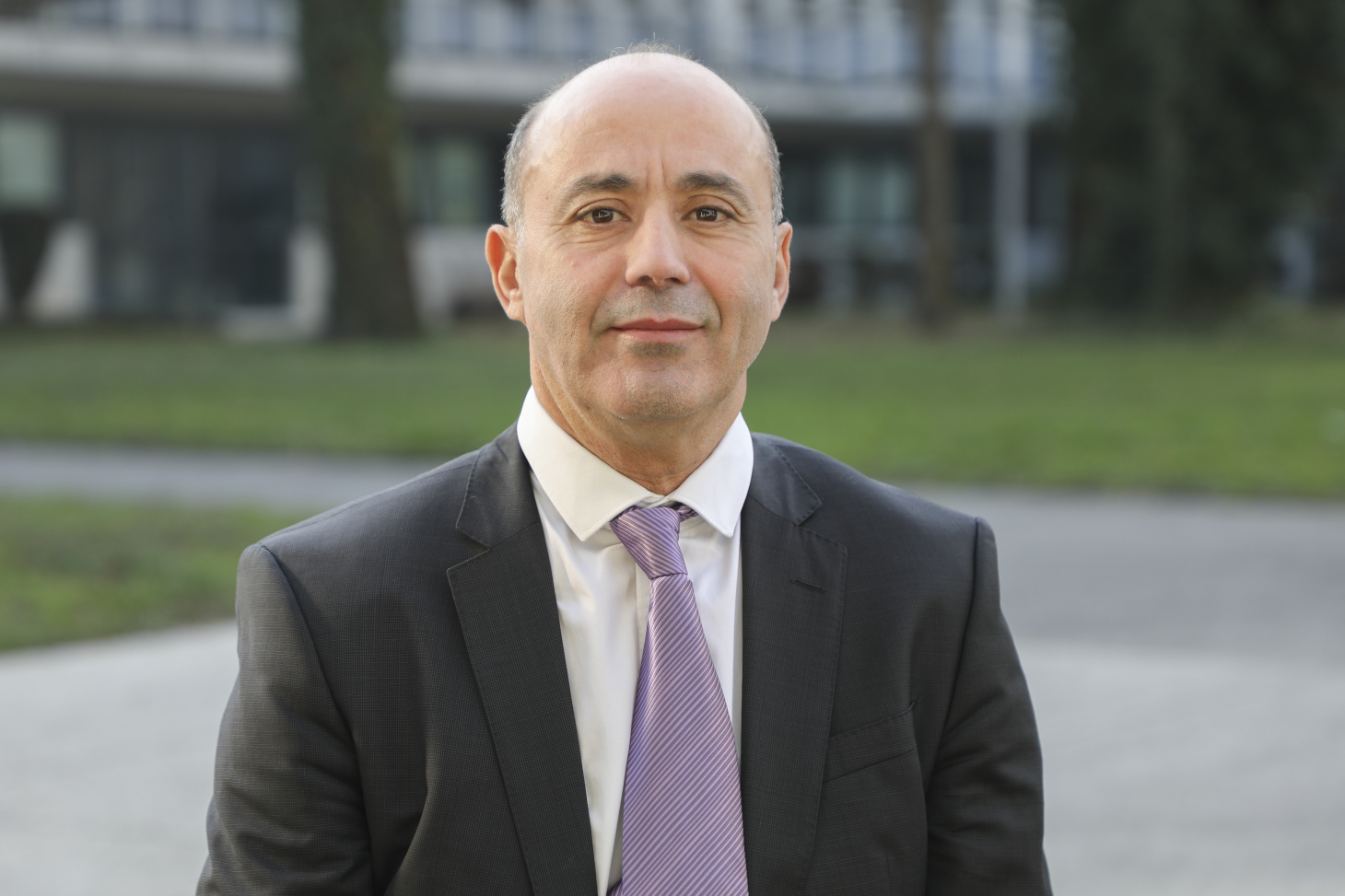Yassine Lakhnech, re-elected President of the Grand établissement Université Grenoble Alpes

The career of Yassine Lakhnech, President of UGA
A graduate of the University of Kiel in Germany, specializing in program verification and provable security, links between logics and computational models, Yassine Lakhnech is a Professor at Université Grenoble Alpes. He has been involved in the development of several structuring projects on the site, including the Labex Persyval-lab, the campus operation PILSI (IMAG), and the Université Grenoble Alpes excellence initiative. He has held numerous responsibilities in education, serving as the deputy vice-president for research at Université Joseph Fourier (UJF), vice-president for research at UJF, and executive director of the research and development component of the IDEX initiative.
In January 2020, Yassine Lakhnech became the first President of Université Grenoble Alpes, which now integrates 3 component establishments: Grenoble INP - UGA, Institut d’ingénierie et de management-UGA, Science Po Grenoble-UGA, École nationale supérieure d'architecture de Grenoble ENSAG-UGA, and 3 academic components: Faculté des sciences-UGA, École universitaire de technologie-UGA, Faculté Humanités, santé, sport, sociétés-UGA.
Yassine Lakhnech's program for this new term is based on six major commitments:
- Establish a functioning and governance based on consultation and collegiality, respecting the roles of bodies and actors, and work towards open and respectful social dialogue that meets everyone's expectations.
- Improve working conditions and career opportunities, simplify the institution's operation to give meaning to each person's mission.
- Make ecological transformation a priority for the institution by reducing its environmental and carbon footprint, developing training and awareness among staff and students.
- Support high-quality education and research in all disciplines, reinforcing interdisciplinary approaches and international openness.
- Provide students with the best living and study conditions, offering a rich and adapted training program for their projects and societal needs.
- Continue to structurally improve the institution's finances without burdening employment and missions with temporary budgetary constraints.
Updated on May 16, 2024

